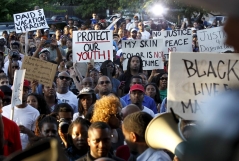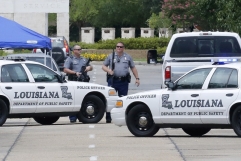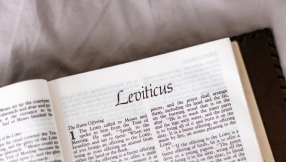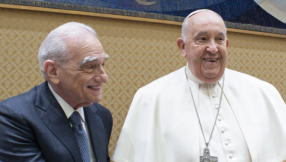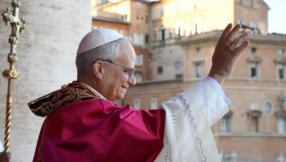Evangelical Christians are far less likely to say black and minority ethnic groups are treated unfairly by police than most other Americans.
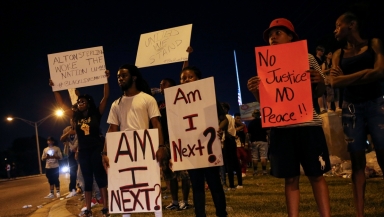
This is the finding of a recent study by The Barna Group on Americans' view of police brutatlity. The report found that less than a third (29 per cent) said people of colour were unfairly targeted by law enforcement.
"All other faith segments in America stand in contrast to this – with half or more believing this to be the case [that people of colour are treated unfairly], read the report. In other Christian groups 49 per cent think the discrimination is a reality and among atheists and agnostics that figure is 67 per cent.
"These findings represent a challenging reality for evangelicals and their leaders. Huge gaps exist between most evangelicals and tens of millions of Americans—gaps in perception about the extent and proximity of prejudicial law enforcement," said the president of Barna David Kinnaman, who directed the study, according to Christianity Daily.
"To help evangelicals grapple with the problems of implicit racial bias, Christian leaders must come to realize how deeply and personally experienced these problems are for so many in society and in the church," he said.
The data also found significant differences along racial lines within Christianity. Non-white Christians, at 82 per cent, were three and a half times more likely than white Christians at 24 per cent, to think minorities were treated unfairly by the police.
Aside from religion, black Americans were the most likely ethnic group to think police unfairly target people of colour with 52 per cent agreeing with the statement. This compared to 34 per cent of Hispanics but only 14 per cent of white Americans.
White Americans were also the least likely group to say they "absolutely" or "possibly" fear police brutality compared to 56 per cent of black Americans and 29 per cent of Hispanics. Millennials (35 per cent), liberals (34 per cent), Democrats (31 per cent), parents with children in the household (31 per cent), and unmarried adults (29 per cent) were all more likely to fear police brutality than White Americans.










